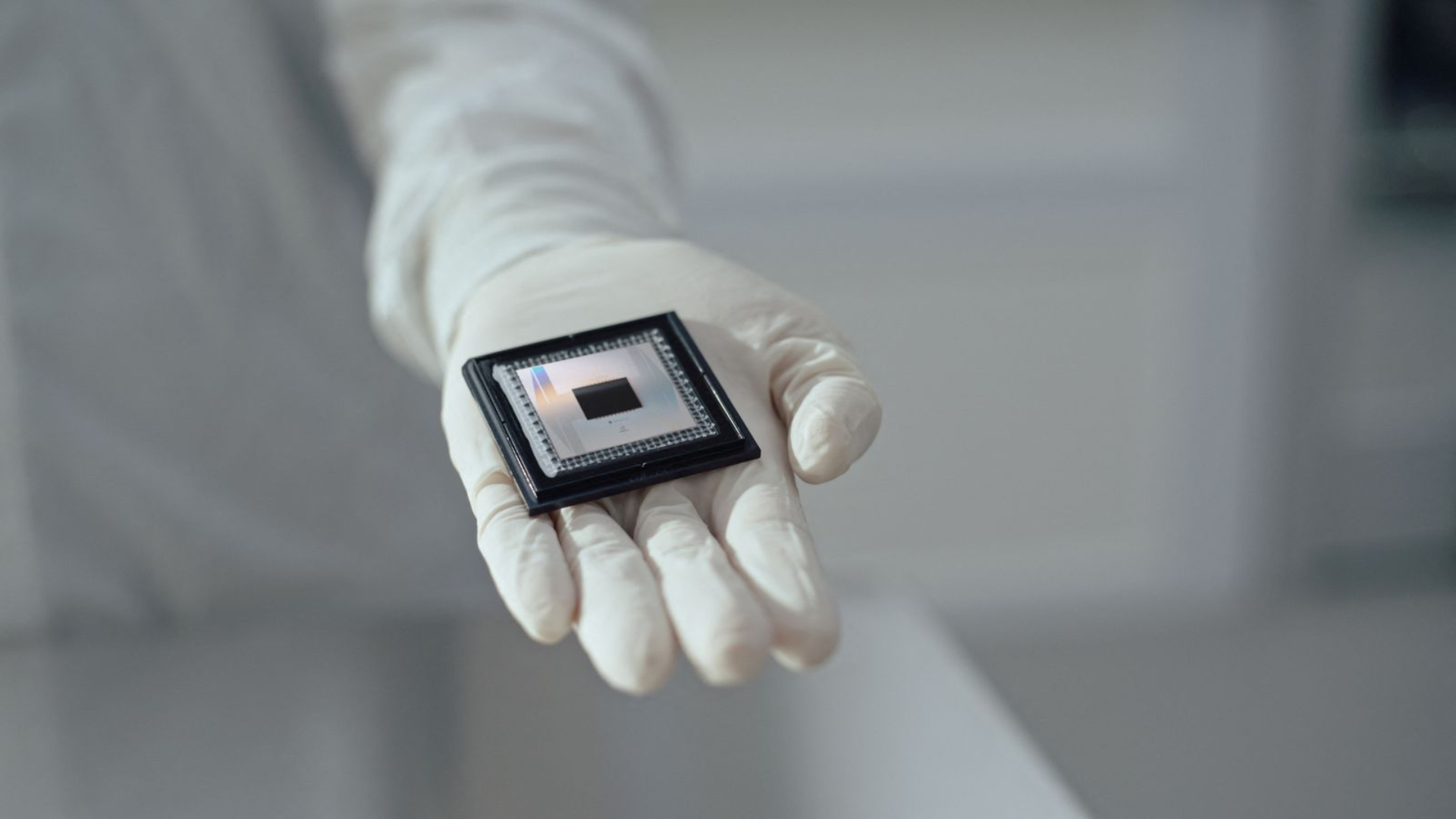Google has recently unveiled ‘Willow’, a quantum computing chip capable of solving problems in mere minutes that would take one of today’s fastest supercomputers 10 septillion years to complete. Although quantum computing is still experimental in modern times, it is expected to speed everything up from making medicine to nuclear fusion.
This experimental chip, known as Willow, can exponentially reduce errors. This is important because, at the moment, quantum computers exponentially create errors, says Google.
Google Quantum AI founder Harmut Neven says “The more qubits we use in Willow, the more we reduce errors, and the more quantum the system becomes.”
- Read more: Alternatives To Google Search
A “qubit” is a unit of information in quantum computing, like a “bit” in classic computing. A system is described as becoming “more” quantum the faster it solves problems.
Google says its Willow quantum chip was created in Santa Barbara, California, in one of only a few facilities in the world built from the ground up for this purpose.
In order to make a chip this advanced, the team behind Willow had to make sure every element was “well-functioning”.
“If any component lags or if two components don’t function well together, it drags down system performance,” said Mr. Neven in the company blog post.
The team tested Willow against an existing supercomputer using a test called the “random circuit sampling (RCS) benchmark”.
If a quantum computer can’t beat a classical computer in reaching that benchmark, “there is a strong reason for skepticism that it can tackle more complex quantum tasks”, according to Mr. Neven.
Willow’s “astonishing” performance meant it performed a computation in under five minutes that would take one of today’s fastest supercomputers 10 septillion years, or 10,000,000,000,000,000,000,000,000 years.
That’s thousands of billions of years – and longer than the age of the universe.

